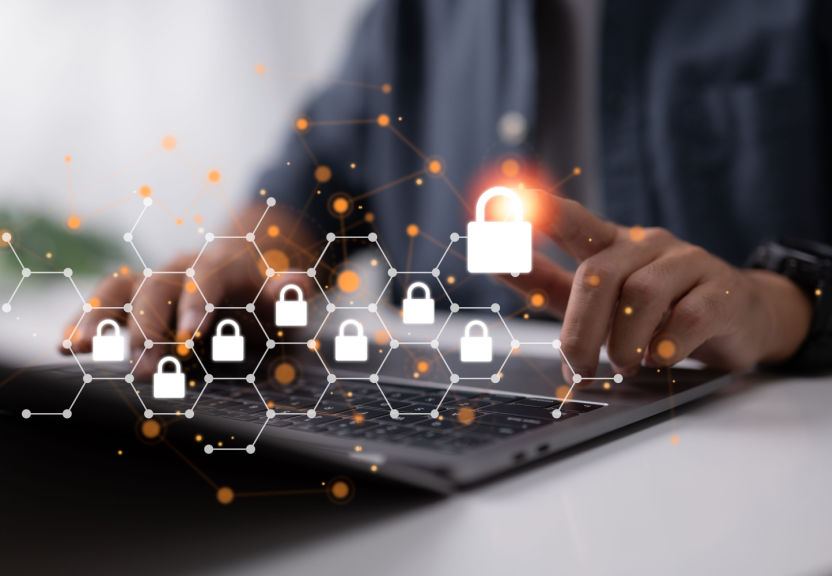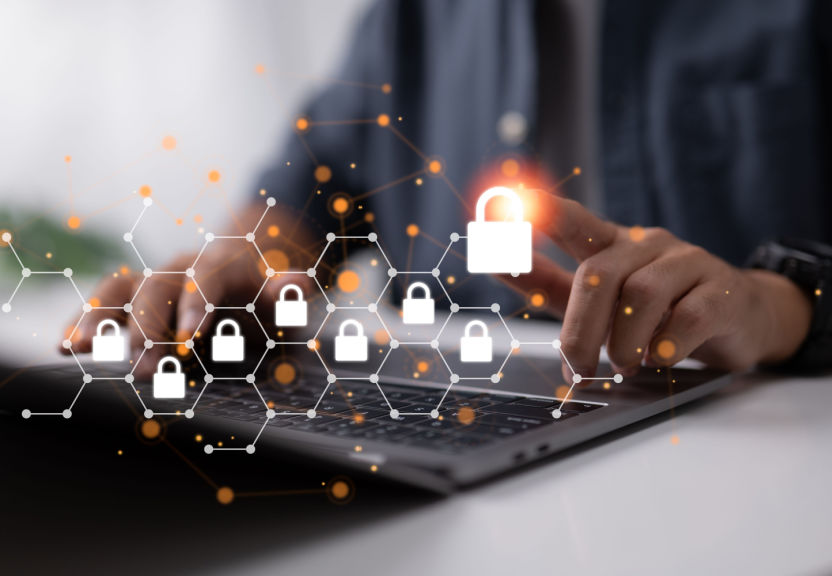How to Keep Your Data Safe and Secure Online
With the increasing use of technology and the internet, protecting your personal and sensitive information online has become more important than ever. From online banking to shopping and social media, there are countless ways that your data can be exposed to cyber threats. Here are some tips for keeping your data safe and secure online:
- Use Strong Passwords
One of the easiest ways to protect your online accounts is to use strong passwords. A strong password should be at least 8 characters long and include a combination of upper and lowercase letters, numbers, and symbols. Avoid using easily guessable information, such as your name, birthdate, or address, as part of your password.
- Enable Two-Factor Authentication
Two-factor authentication provides an extra layer of security for your online accounts. This requires you to enter a code, generated by an app or sent to your phone, in addition to your password. This makes it much harder for someone to access your account, even if they have your password.
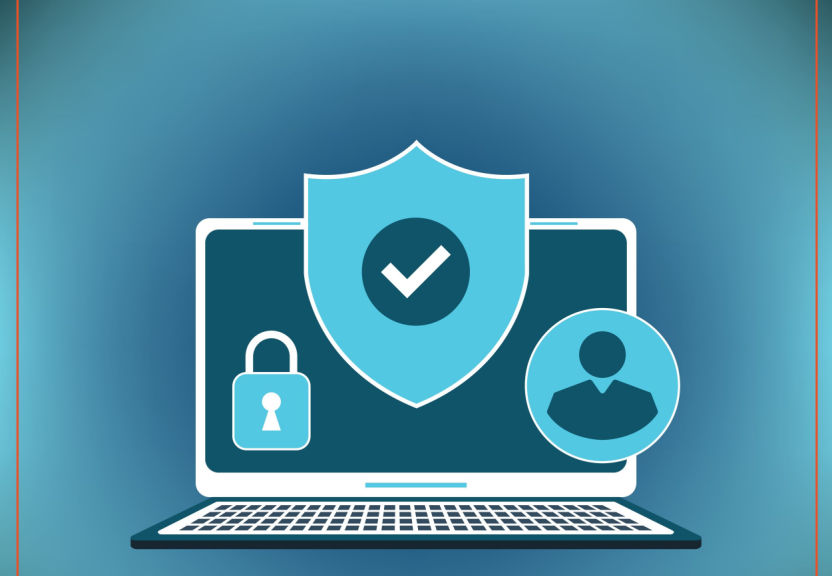
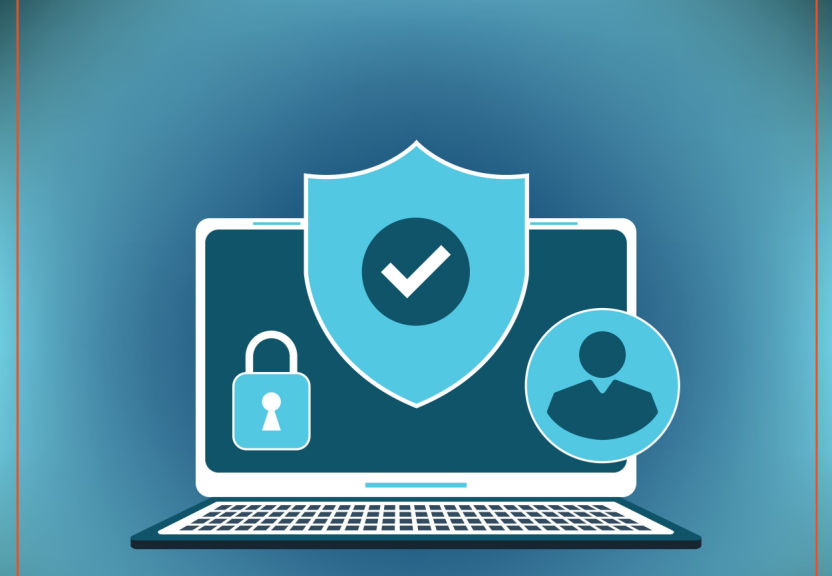
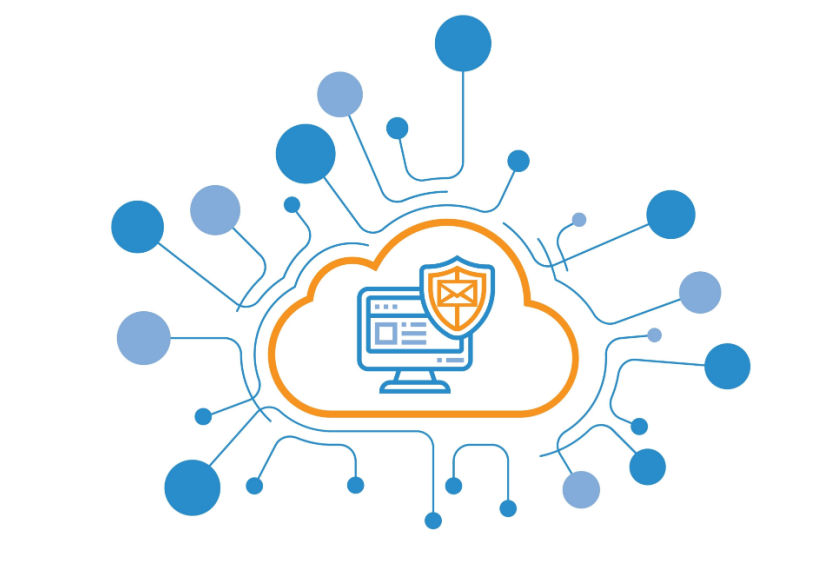
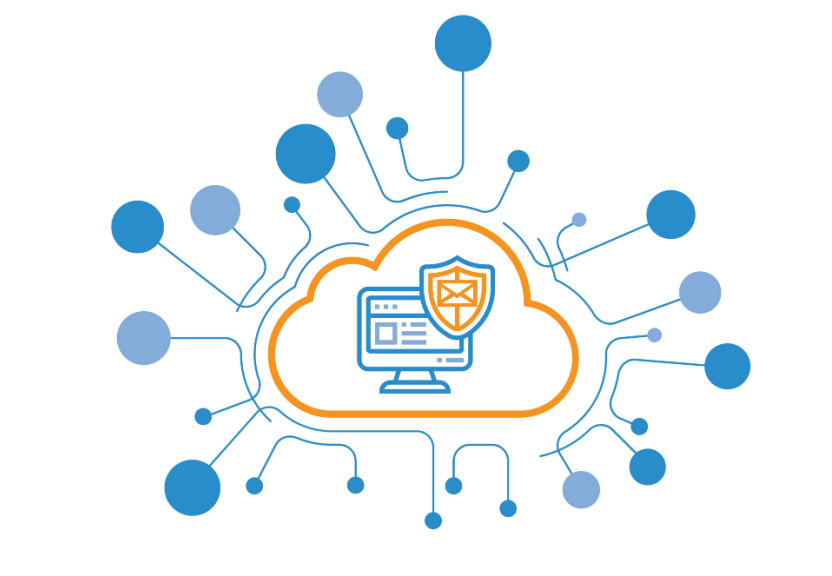
- Be Careful with Personal Information
Be mindful of the personal information you share online. Avoid posting sensitive information, such as your home address, phone number, and financial information, on social media and other public platforms. Additionally, be wary of phishing scams, which use fake emails or websites to trick you into entering personal information.
- Keep Your Devices Secure
Your devices, such as your computer, smartphone, and tablet, are often the gateways to your online accounts. Make sure to keep your devices secure by using strong passwords and updating your software regularly. Additionally, be careful when downloading apps and software, as these can sometimes contain malware or other security threats.
- Use a Virtual Private Network (VPN)
When accessing the internet on public Wi-Fi, use a Virtual Private Network (VPN). This encrypts your internet connection and protects your data from being intercepted by hackers. A VPN can also help protect your privacy by hiding your IP address and location.
Ultimately, keeping your data safe and secure online requires a combination of good practices and common sense. By following these tips, you can help protect yourself and your sensitive information from cyber threats. Remember, being proactive and informed is the best way to ensure your online security.
The articles and information within this website are my sole opinion and derived from my sole experience. They are meant for general information purposes only and is not meant to substitute professional dietary and/or health advice or treatment. If you have or suspect you may have allergies or medical issues which may be affected by certain foods, or have or suspect you may have any illness and/or disease and/or chronic ailment and/or other, you should promptly contact your health care provider. Any statements regarding diets and/or nutrition and/or health are to be used at your discretion and are not intended to diagnose, treat, cure or prevent any disease.




